Daventry man shares childhood wartime memories from Battle of Britain
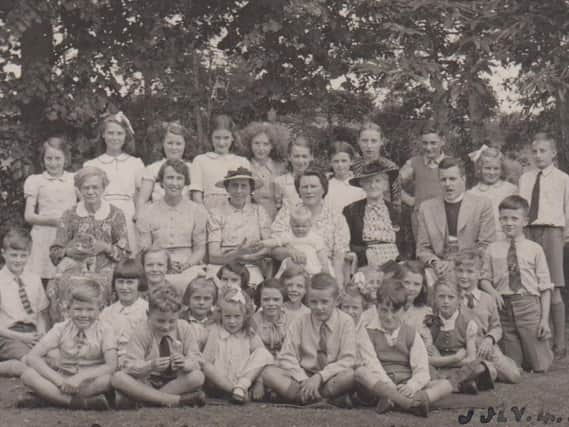

This contribution is from Lyn Puleston, who was born in 1937 and lives in Daventry District. He is married to Brenda and they have two children.
One of my very first memories was of the Battle of Britain in August 1940 taking place over East Grinstead where we were living at the time. My mother was rushing home with me in my pushchair while spent bullets were falling into the streets of the town.
Advertisement
Hide AdAdvertisement
Hide AdEveryone was issued with gas masks which fortunately were never required. It was a time of very great anxiety about invasion by the Germans.
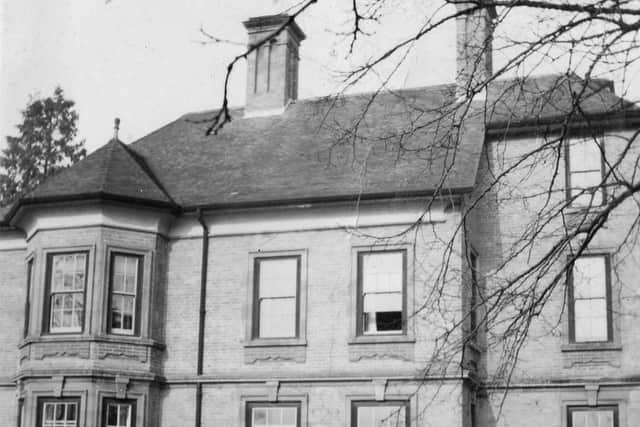

In October we moved to Shropshire where we spent the rest of the war. Father was the vicar of the parish of Quatford and Erdington and he was also a chaplain for RAF Bridgnorth which became a training base for bomber crews. Airmen were taught to be wireless operators, gunners, navigators, and bomb aimers. Many were shot down over occupied territory.
Bridgnorth only received two stray bombs, but our life was still completely dominated by the war for the next five years, Everything was directed towards the war effort. Only essentials were imported. Manufacturing was directed at producing those goods needed for the war.
Most materials were in short supply especially anything that had to be imported such as rubber, oil, and of course food. People were encouraged to dig for victory and grow their own fruit and vegetables. Parks in towns and cities were turned into allotments.
Advertisement
Hide AdAdvertisement
Hide AdWe had a large garden, and my parents grew vegetables and fruit, kept chickens, rabbits and a couple of pigs. We also fished in the River Severn.
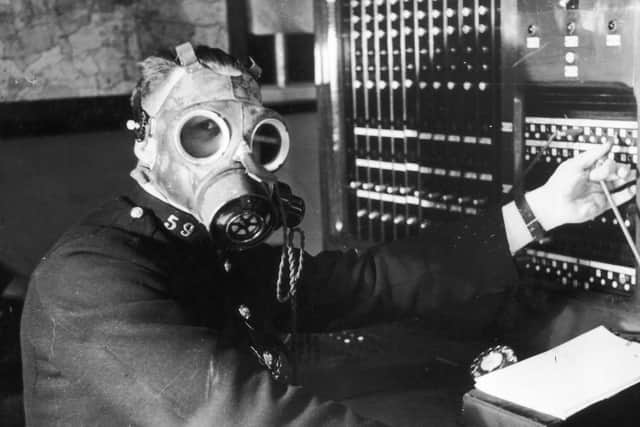

Because of petrol rationing there were very few cars on the road, many were laid up during the war and even afterwards. Horse drawn vehicles were quite a common sight. For a time our transport was a pony and trap.
The railways were heavily used and priority was given to movement of troops and war materials. For the individual, railway journeys were often cancelled or delayed and seemed to take for ever. My mother’s cousins were farmers in north Shropshire and every August we stayed with them for a couple of weeks.
The 40-mile rail journey via Shrewsbury took four hours. While there my parents helped with the harvest, and we enjoyed a super abundance of food. Every day there were 200 cows to milk by hand. The milk was mostly converted into Cheshire cheese and some butter. Before the advent of combine harvesters the harvesting of the cereal crops was a long labour-intensive operation. I remember seeing Italian prisoners of war helping with the harvest. They all wore khaki denims with distinctive patches on their backs.
Advertisement
Hide AdAdvertisement
Hide AdIn the spring of 1944 the American troops arrived in Britain for the D-Day landings. Having landed at Liverpool they drove south. Some came through Bridgnorth. For many days long armoured convoys of men, tanks, landing craft, guns and equipment drove past our house on the A442. Quite suddenly it stopped. D-Day took place and within 11 months Hitler was dead and Germany surrendered.
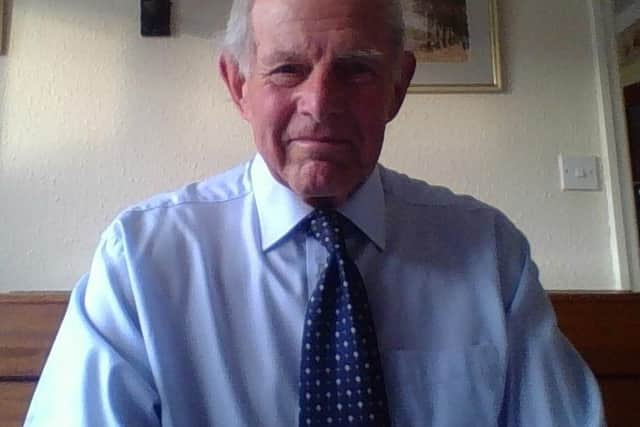

The sense of relief was enormous. There were celebrations, street parties, church bells rung and thanksgiving services were held.
The corn was cut and bound into sheaves, which were put into stooks of about half a dozen. These were left for a few days especially if they needed to dry out. They were then loaded up onto a wagon, often drawn by a horse, and taken to build a rick which was thatched. It was only some time later on a dry day in October or November that the sheaves were thrashed with a huge thrashing machine.
I enjoyed the life of the farm riding on tractors and wagons, feeding the pigs and chickens, and playing in the hay barns. I even tried my hand at milking .
Advertisement
Hide AdAdvertisement
Hide AdThe only day I did not enjoy was Sunday. The family were strict Baptists and apart from milking and feeding and animals no work was done and usual games and activities were also curtailed, even riding a bike was frowned upon.
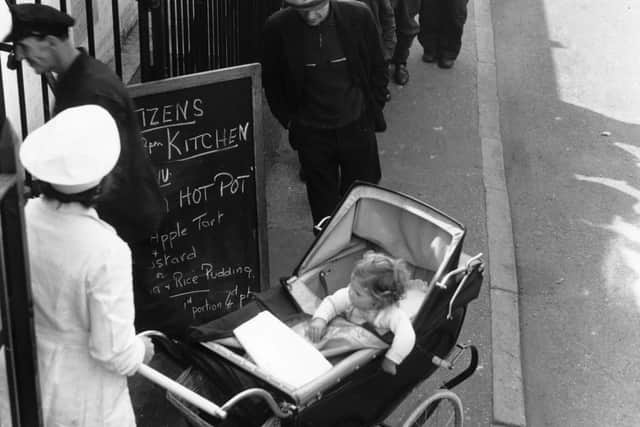

The Sunday lunch was the highlight of the day, with as many as 20 people sitting round the huge table which almost groaned with the amount of food placed upon it. During the week there would be a high tea at 6pm after work was finished, but on Sunday tea was tea with sandwiches, bread and butter and jam and cakes. This was generally at 4.30pm. After tea those who had cooked lunch and missed out on church in the morning would go to the evening service, arriving back at about 8pm when a cold supper would be served.
On one occasion I remember witnessing the slaughter of a pig. It was dragged squealing from its stye into the yard where after a bit of a struggle it was stunned with a stun gun and its throat was cut. Within a short time it was strung up, cut open and all its inards removed. The pig was then scrubbed, removing the bristly hairs on its body.
Driving in a horse-drawn carriage to church in the morning with long sermons, which fortunately we children did not have to stay for, and returning to the farm early with a bit of freedom before the grown-ups came back.
They were memories I will never forget.